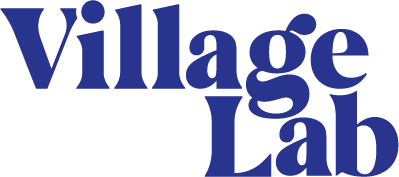Gigii-Bapiimin Study
Exploring resilience and the impacts of COVID-19 on the health and wellbeing of Indigenous people living with HIV/AIDS in Manitoba and Saskatchewan

Gigii-bapiimin is an Ojibwe term that reflects survival, resilience and overcoming adversity, translating as “we survived” (Roger Roulette, Ojibwe Language Specialist). It is a concept filled with optimism and strength, rooted in the bimaadiziwin/Anishinaabe life model.
The COVID-19 pandemic is reinforcing health inequities among Indigenous people living with HIV (IPHAs) in Manitoba and Saskatchewan. There is an urgent need to understand how this population is uniquely affected by the COVID-19 pandemic to mitigate the impacts of COVID-19 on IPHAs, and to inform preparedness for future health emergencies and pandemics.
Gigii-Bapiimin is a community-based participatory research study grounded in an Indigenized ethical space, utilizing etuaptmumk (Two-eyed Seeing) to interweave Indigenous and Western ways of knowing, being, doing and systems approaches to respond to current knowledge gaps about the impacts of the COVID-19 pandemic on the health and wellbeing of Indigenous People Living with HIV/AIDS (IPHA) in Manitoba and Saskatchewan. The study is being guided by Elder Albert McLeod.
The study has the following objectives:
To advance understanding of the nature and extent of the wider health impacts of COVID-19 on IPHA in MB and SK.
To identify and examine the protective factors, strengths, capacities, resiliencies, strategies (at the individual, community, and structural levels), as well as service, policy, and systemic innovations that support IPHA in MB and SK in managing and responding to the COVID-19 pandemic.
To advance recommendations for change and to inform proactive post-pandemic services and policies to optimally support IPHA in MB and SK.
To strengthen capacity among IPHA and Indigenous-led agencies in MB and SK.
The meaning of “Gigii-bapimiin”
The Ojibwe language term, gigii bapiimin, means "we survived''. When the Ojibwe people would meet up with other groups in the spring, it was an expression they shared acknowledging that they had survived a long winter. In this project this sentiment is applied to the continued survival of Indigenous people through past pandemics and current ones like HIV and COVID-19. The Ojibwe creation story tells us about how Nenaboozho recreates Turtle Island (North America) after a great flood. The loon, otter, and muskrat play key roles in retrieving a plant and a piece of earth from the old world from which the new one is created. Elements of the logo design portray the loon which represents the animal world, a that plant represents Turtle Island and the rebirth of life, and the directional medicine wheel represents the human journey through the natural and spiritual worlds.
Source: Roger Roulette, Ojibwe Language Specialist
Throughout the COVID-19 pandemic, we engaged in interviews to gain deeper insights into the impacts of COVID-19 on Indigenous People Living with HIV in Manitoba and Saskatchewan. The valuable findings from these interviews are detailed in our community report, which you can explore below:
Study Findings-Community Report
Downloadable Infographics
The Impacts of COVID-19 on Indigenous People Living with HIV
The Impacts of COVID-19 on Indigenous Ceremonies
Substance Use and Harm Reduction During the COVID-19 Pandemic for Indigenous People Living with HIV
























